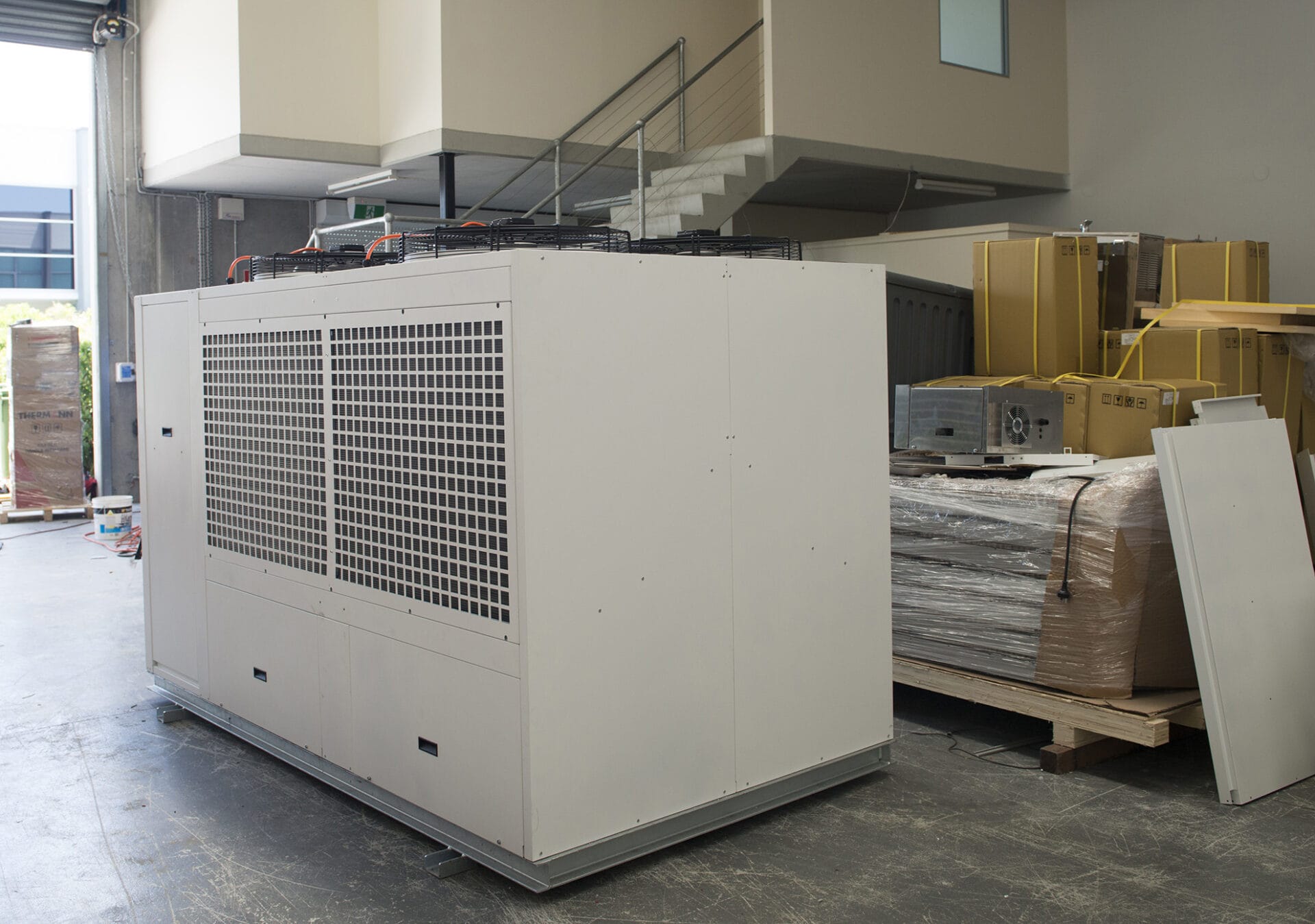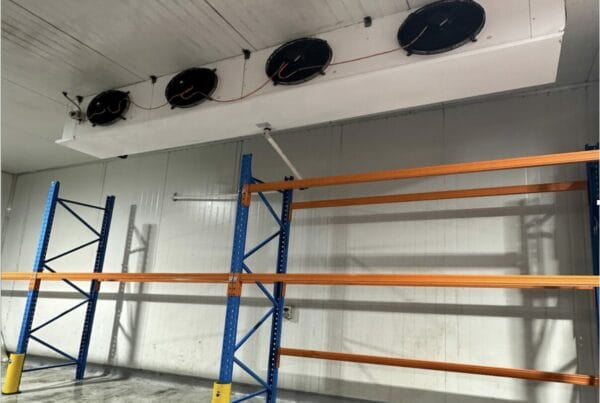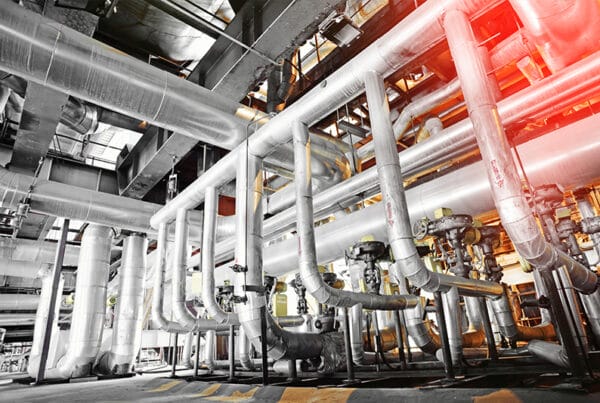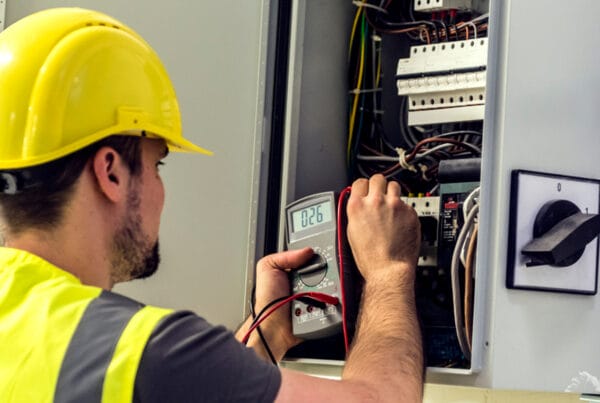Refrigerated Air Conditioning vs. Evaporative Cooling
Evaporative cooling and refrigerated commercial air conditioning are two separate types of cooling systems used in houses and other structures. The main variations between these two systems are as follows:
Cooling Mechanism: To remove heat from the air, refrigerant is compressed and circulated in a refrigerator-style air conditioner. Warm air from the room is drawn in, cooled by passing over refrigerant coils, and then blown back into the space. On the other hand, evaporative cooling cools the air by using the evaporation process that occurs naturally. It draws heated outdoor air in and passes it over damp pads or filters, allowing the water to evaporate and cool the air before it is blown back into the space.
Humidity: Evaporative cooling increases humidity whereas refrigerated air conditioning decreases it. While refrigerated air conditioning may be favoured in humid climates to lower the quantity of moisture in the air, evaporative cooling can be useful in dry climates since it helps to add moisture to the air.
Energy Efficiency: Evaporative cooling uses less electricity to run than refrigerated air conditioning, making it generally more energy efficient. Evaporative cooling, on the other hand, works best in dry climates since it uses evaporation to chill the air, which is less efficient in humid climates.
Initial Cost: Installing chilled commercial air conditioning is typically more expensive than installing chilled air. This is because compared to the straightforward fan and wet pad method used in evaporative cooling, refrigerated air conditioning requires a compressor and refrigerant coils, which are more difficult and expensive to install.
Maintenance: To keep them running as effectively as possible, both evaporative cooling and refrigerated commercial air conditioning require routine maintenance. However, as the wet pads or filters must be changed frequently to avoid the accumulation of mould and other impurities, evaporative cooling requires more frequent maintenance.
In conclusion, evaporative cooling and refrigerated air conditioning are two distinct cooling systems with various operating principles, levels of energy efficiency, and upkeep necessities. The homeowner’s or building owner’s personal tastes as well as climate, humidity, initial cost, and other considerations will determine which of these two systems they choose.





